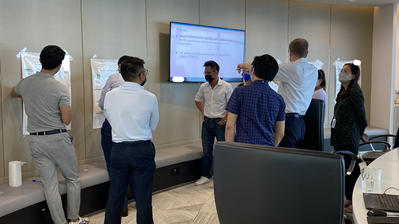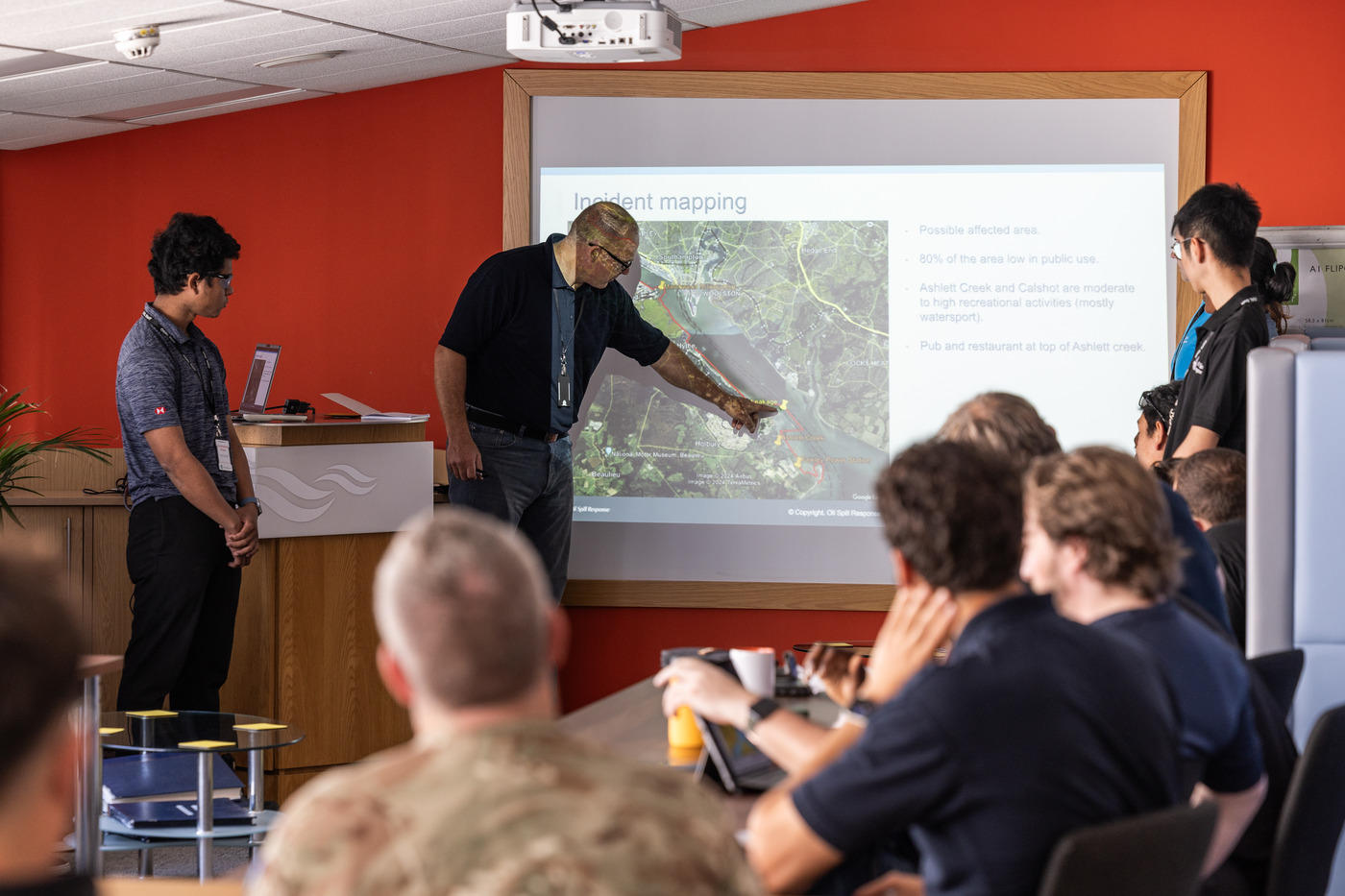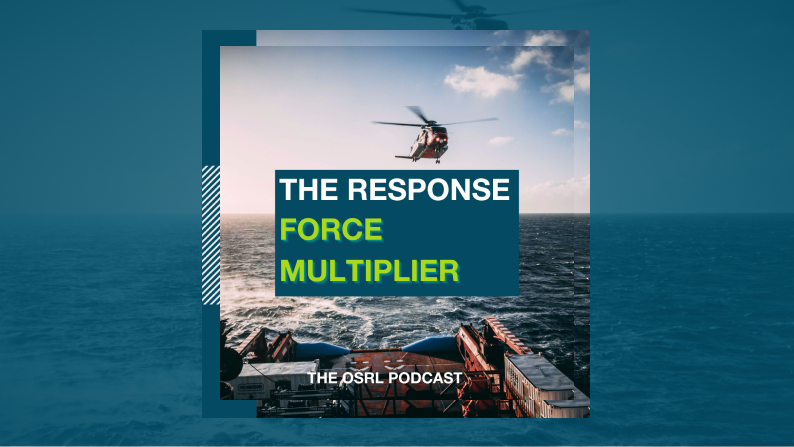Boosting Confidence Through Crisis Management Training and Exercises
Since mid-2020, Oil Spill Response Limited (OSRL) has supported a new client to boost its emergency response and crisis management capability. Our client is in Singapore, and therefore luckily pandemic travel restrictions did not limit our ability to interact with them. OSRL was able to provide support via hybrid delivery or face to face delivery within small groups.
Background
Our Client is a prominent figure in the LNG Market. They approached OSRL in 2020 to update their Emergency Response and Crisis Management plan. They were keen to improve their current process and expand their crisis scenarios to include cybersecurity incidents.
Once we finished updating the plan, OSRL delivered a series of roll-out sessions and targeted exercises for their various business units. These sessions aimed to familiarise the Crisis Management Team with the newly updated plan and enhance their overall readiness for handling a crisis.
Training and Exercise Overview
Over 1.5 years, OSRL delivered at least six refresher training courses and exercises to the client’s Crisis Management Team. The crisis management training aimed to refresh the team’s knowledge on the crisis management process and familiarise them with their roles and responsibilities and the activation/ notification process.
We then helped them put their new knowledge and skills into action through a series of tabletop exercises. The exercises we facilitated ranged from a walkthrough with guided tasks to a No Notice Drill.
The No Notice Drill caught the team completely by surprise, and they had to “respond” to the incident independently as a team.
Scenarios were a core feature of all the exercises, and we designed them to be realistic to their operations. This realism enabled the team to appreciate the realities of an incident/ crisis and apply the tools they are equipped with to manage the crisis effectively. It was initially challenging as the team was uncomfortable with the structured approach used to manage a crisis.
Their initial mindset was that following the crisis management process takes time away from the actual “incident response”. However, by the end, the team could see the value in how the process and toolkit assisted their thought flow and discussions.
More importantly, they shifted their mindset, focusing on looking at things strategically rather than at the tactical/operational level.
Conclusion
Crisis Management is not always about having sophisticated technology or software platforms but rather about having a good process in place to help thinking and decision making when under pressure. OSRL is pleased to help our client embed this process in their organisation and look forward to continuing to help build the competence of their Crisis Management Team.
Have you got your crisis structure, skillset, and mindset?
Develop sound knowledge of the tools and techniques used during crisis management with our Remote Crisis Management training course.








